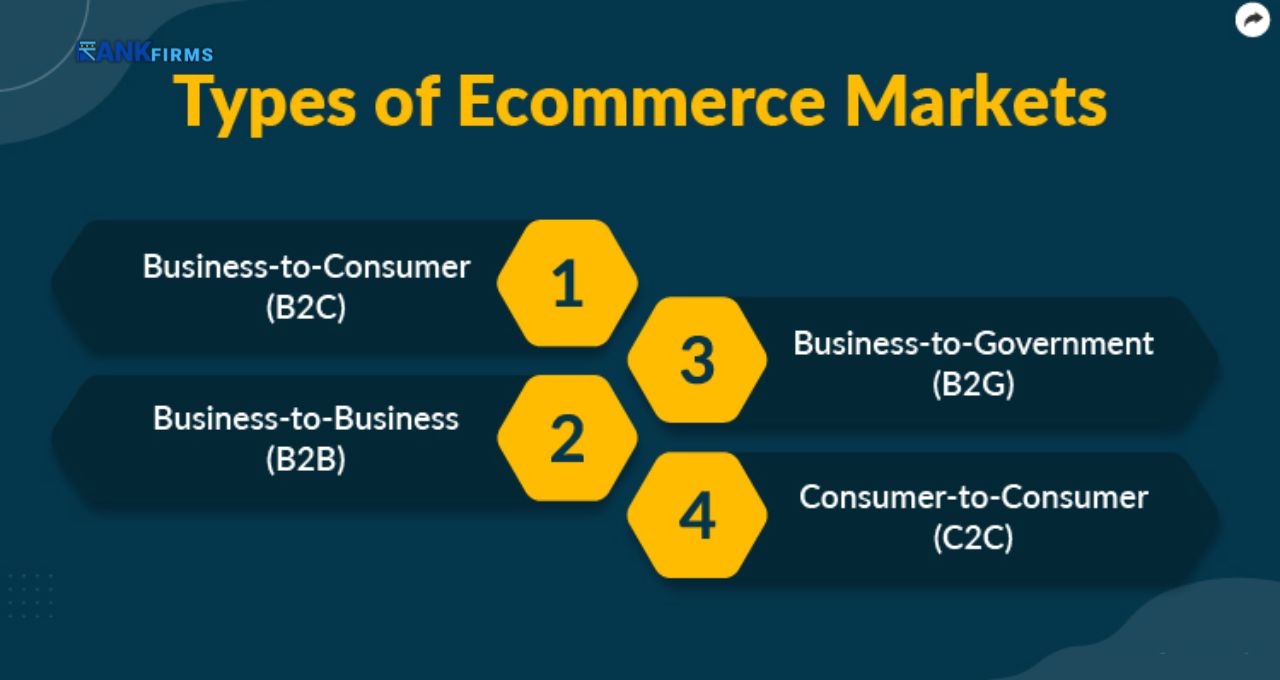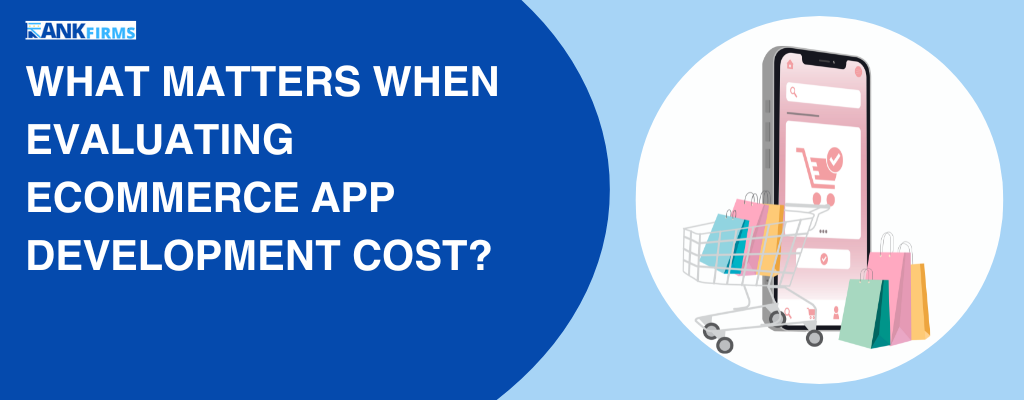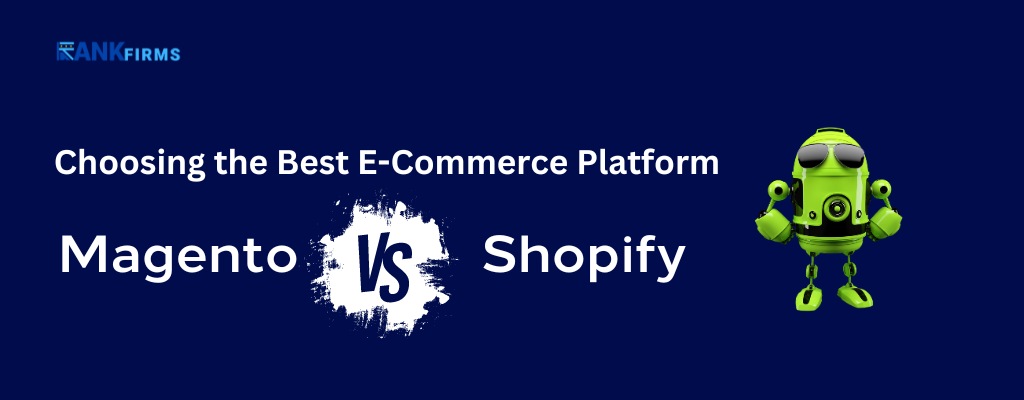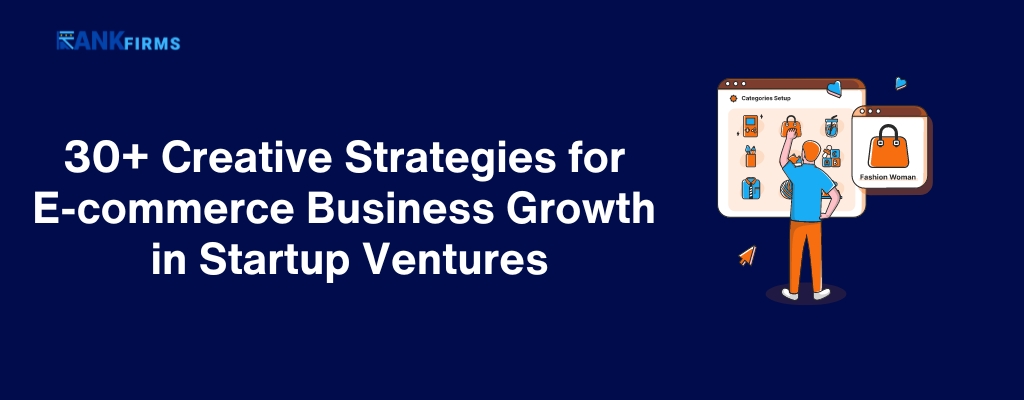Most people prefer shopping online and why not it is easy, quick, time-saving and sometimes cost-effective too. You can get whatever you want just with a click sitting at home.
After the inception of eCommerce, it is constantly seeing a significant shift with the global sales of 41.8% in 2022 and projected to account for 23.3% of global sales by 2025.
2022 was when the pandemic was hovering globally and mobile phones with eCommerce platforms were giving convenience to the users and retailers as well. A report suggested that 76% of consumers tried new shopping behaviours since Covid-19, due to safety concerns.
When studying the prevalence of eCommerce in everyday life, 74% of internet users in the United States shop online at least monthly.
Talking about convenience – 71% of users prefer this reason for choosing eCommerce, while 58% for competitive prices and 62% for wider product selection.
Certainly, eCommerce apps are one of the most rapidly growing forces that is transforming the retail landscape. This also gives eCommerce development companies opportunities to create interactive and impressive eCommerce apps or websites for users to shop better.
In this article, we will share how to choose the best and most reliable eCommerce development company for your retail business to go online seamlessly. We will help by sharing a few FAQs that any entrepreneur or retailer must know before investing in any company.
Key Considerations Before Hiring an eCommerce Development Firm

The eCommerce landscape is booming, offering exciting opportunities for entrepreneurs and retailers. But before diving in, it’s crucial to understand the essential elements for building a successful online store. Here, we’ll explore key questions to consider, empowering you to make informed decisions for your eCommerce journey.
What are the top elements you add to an eCommerce platform?
Any eCommerce development company who have good experience in development eCommerce would integrate these important elements to scale the store:
Intuitive Navigation:
Customers should be able to find what they need quickly and easily. A well-organized menu with clear categories and subcategories, along with a search bar featuring auto-complete and filtering options, is essential.
Compelling Product Pages:
High-quality product images, detailed descriptions, and customer reviews create trust and inform buying decisions. Include product variations, size charts, and clear calls to action (CTAs) to encourage purchases.
Seamless Checkout Process:
A streamlined checkout process minimizes cart abandonment. Offer multiple payment gateways, guest checkout options, and clear shipping information.
Security and PCI Compliance:
Ensure your platform is secure with SSL encryption to protect customer data. PCI compliance is mandatory for businesses accepting credit card payments.
Mobile Responsiveness:
Today’s consumers shop on the go. A mobile-friendly platform that adapts seamlessly to different screen sizes is crucial for optimal user experience.
Content Management System (CMS): A user-friendly CMS allows you to easily add, edit, and manage product information, blog posts, and other website content without needing extensive coding knowledge.
Marketing and Analytics Tools:
Integrate marketing tools to manage email campaigns, social media marketing, and advertising. Utilize analytics tools to track website traffic, user behaviour, and conversion rates to measure success and optimize your platform.
Do I need to invest in PCI compliance for my eCommerce store?
Yes, PCI compliance is mandatory for any business that accepts credit card payments online. PCI compliance involves adhering to a set of security standards established by the Payment Card Industry Security Standards Council (PCI SSC) to protect cardholder data. Different PCI compliance levels are depending on the volume of transactions your store processes. IT services companies that develop eCommerce stores guide well through the process of achieving and maintaining PCI compliance to ensure the utmost security and safety.
Which technology do you use in eCommerce?
Development firms that are expert and reliable keep themselves updated with the latest and new technologies that are improved versions of the past ones. They ensure that only the best technology is being used to scale their customer’s online store. These technologies include:
E-commerce Platforms:
Popular options include Shopify, Magento, WooCommerce, and BigCommerce. These platforms offer pre-built functionalities for product management, shopping carts, and payment processing.
Cloud-Based Solutions:
Cloud platforms like Amazon Web Services (AWS), Microsoft Azure, and Google Cloud Platform (GCP) offer scalability, reliability, and security for your online store’s infrastructure.
Payment Gateways:
Secure payment gateways like PayPal, Stripe, and Authorize.Net facilitate secure online transactions.
Content Delivery Networks (CDNs):
CDNs ensure fast website loading times globally by caching content on servers closer to users.
Marketing Automation Tools:
Tools, like Mailchimp or HubSpot automate email campaigns and personalise customer interactions.
Analytics Tools:
Google Analytics and other analytics tools provide valuable insights into website traffic, user behaviour, and marketing campaign effectiveness.
Do you provide SEO capabilities?
Many Software development companies offer SEO as an option for their customers to choose. They offer built-in SEO features or integrate with SEO plugins as per the needs of the customer. In addition to platform functionalities, companies can also assist you with developing an SEO strategy, conducting keyword research, and optimizing your website content.
What is visibility in eCommerce?
An eCommerce development company providing after-sales services is versed about ‘visibility’ in eCommerce. They also know that achieving visibility In a crowded online marketplace is crucial for success. They can help you guide and achieve your eCommerce store’s visibility by offering these services:
Search Engine Optimization (SEO):
Optimize your website content and product listings with relevant keywords to improve search engine ranking and organic traffic.
Content Marketing:
Create valuable content (blog posts, infographics, social media content) to attract potential customers and establish brand expertise.
Pay-Per-Click (PPC) Advertising:
Utilize platforms like Google Ads or social media advertising to target specific audiences with paid advertising campaigns.
Social Media Marketing:
Build a strong social media presence by engaging with your audience, showcasing products, and running promotions.
Email Marketing:
Build an email list and send targeted email campaigns to promote new products, offer discounts, and nurture customer relationships.
What are the types of eCommerce present in the market?
Before investing in an eCommerce store the entrepreneur must be offered this knowledge by the development firm. If the firm explains the below 4 options, it means they are experienced and can provide the desired solution.
Business-to-Business (B2B):
This model involves online transactions between businesses. Examples include a wholesaler selling products to retailers or a manufacturer selling supplies to other businesses.
Business-to-Consumer (B2C):
This is the most common type of eCommerce, where businesses sell products directly to individual consumers.
Consumer-to-Business (C2B):
This model allows consumers to sell goods or services to businesses. Examples include freelance marketplaces or online platforms where businesses can source products from individual sellers.
Consumer-to-Consumer (C2C):
This model facilitates online transactions between individual consumers. Online marketplaces like eBay or peer-to-peer selling platforms are prime examples.
What are the main components of eCommerce infrastructure?
A robust eCommerce infrastructure forms the backbone of your online store. The entrepreneurs must either be educated with these components by the eCommerce development firm or should have prior knowledge. These key components are the road to a successful and lucrative eCommerce store. Here are the key components:
Development:
This involves building the core functionality of your online store. Depending on your needs, you can choose a pre-built eCommerce platform, opt for custom development, or use a hybrid approach.
Security:
Data security is paramount. Secure Socket Layer (SSL) encryption is essential to protect customer data during transactions. Additionally, firewalls and regular security audits are crucial to prevent cyberattacks.
Web Server Maintenance:
A reliable web server ensures your online store is accessible to customers 24/7. Regular maintenance is necessary for optimal performance and security.
Database Management:
Your eCommerce platform relies on a database to store product information, customer data, and order details. Efficient database management ensures smooth operation and scalability.
How much experience do you have in developing eCommerce websites and applications?
Relevant experience in developing eCommerce web stores and mobile apps is necessary to ensure that you will get the desired results. When the company shares a fair amount (10-12 years) of experience in developing online stores, then you must ask for client reference, and store name to check Google reviews & ratings by the client. The practical work will help retailers understand the standard of work, the technologies used, the interactiveness of the store, creative designs and much more.
What are the success factors for creating an effective eCommerce platform?
An experienced and reliable would know the value of success factors for the online store to scale. If your company present these factors in front of you then, you must consider them for your eCommerce project.
Simple Navigation:
As mentioned earlier, a user-friendly and intuitive navigation system is paramount for a positive customer experience.
Product Pages Optimization:
High-quality visuals, detailed information, and engaging product descriptions are essential for converting visitors into buyers.
Fair Product Reviews:
Encourage genuine customer reviews to build trust and social proof. Potential buyers rely on reviews to make informed decisions.
Quick Checkout:
A streamlined checkout process with minimal steps and diverse payment options minimizes cart abandonment and ensures a smooth buying experience.
Design & Usability:
An attractive, user-friendly, and mobile-responsive design is crucial for brand image and user experience.
Use of Mobile Technologies:
With a significant portion of online shopping occurring on mobile devices, a mobile-first approach is essential.
Content Marketing:
Create valuable content like blog posts, product guides, and social media content to attract customers, establish brand expertise, and drive traffic to your online store.
SEO Optimization:
Optimize your website content and product listings with relevant keywords to improve search engine ranking and organic visibility.
Customer Service:
Provide excellent customer service through multiple channels (email, live chat, phone) to address inquiries promptly and build customer loyalty.
Should I invest in AI? What will be the role of AI in eCommerce?
Artificial Intelligence (AI) is transforming eCommerce by offering valuable functionalities. Smart search and demand forecasting is what people will experience and accept readily as new features in eCommerce. For continuous scalability eCommerce stores must integrate new technologies like AI, ML, NL, etc. Hence a reliable firm would always advise integrating them:
Demand Forecasting:
AI algorithms can analyze historical sales data, market trends, and customer behaviour to predict future demand for products. This allows for optimized inventory management and prevents stockouts.
Smart Search:
AI-powered search engines personalize search results based on individual customer behaviour and preferences. This enhances the user experience and increases the likelihood of conversions.
Product Recommendations:
AI can recommend products to customers based on their browsing history and past purchases. This personalized approach can lead to increased sales and customer satisfaction.
Chatbots:
AI-powered chatbots can provide 24/7 customer support, answer basic questions, and help with troubleshooting, freeing up human agents for more complex inquiries.
While AI offers significant benefits, it’s not a one-size-fits-all solution. Consider the size and complexity of your business before investing in AI-powered features.
To Conclude –
By understanding these key considerations, you can make informed decisions when developing your eCommerce platform. Remember, a successful online store requires a combination of user-friendly design, robust technology, effective marketing strategies, and a commitment to providing excellent customer service. Partnering with an experienced eCommerce development company can help you navigate the process, leverage the latest technologies, and build a platform that drives sales and fosters customer loyalty.








